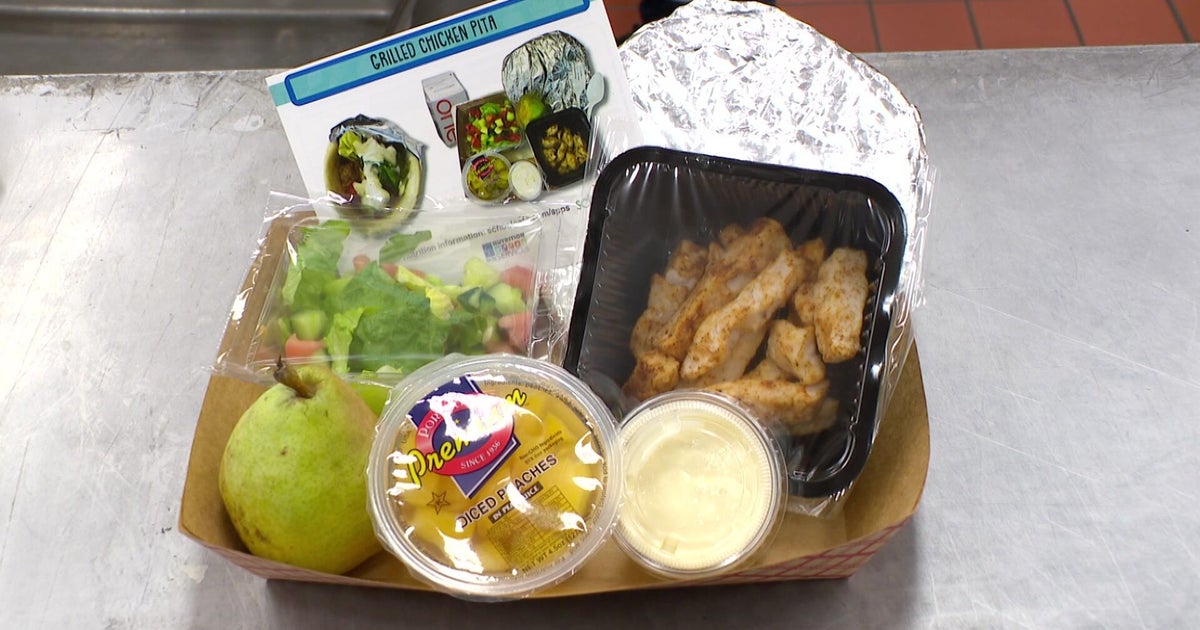With allergy seasons lengthening, are you suffering just allergies or is it sinusitis?
MINNEAPOLIS -- They are late this year, but trees are blooming. That means a later start to seasonal allergies, which are usually something many can nip in the bud.
"I had a lot of kids last week up at the high school who looked miserable. Asking for passes to the nurse's office because they ran out of allergy medication," said Katie DeCrans, a substitute teacher in West St. Paul.
"I tend to go more toward the homeopathic things," explained Ari Geerdes, an allergy sufferer from St. Paul.
For many Minnesotans and Wisconsinites, over-the-counter medicines and home remedies aren't enough.
"It feels like a constant cold," said Geerdes.
Approximately 15% of us report having chronic sinusitis.
"Some people try to just tough it out, but I don't think it's a good idea. Especially because if you have chronic allergies it's going to affect your ability to breathe through the nose. Imagine if you cannot breathe through your nose at night. That can affect your whole health," said Dr. Pramod Kelkar, allergist with Allina Health.
Functional endoscopic sinus surgery is one way to treat serious sinus conditions. Over 250,000 Americans get the procedure each year.
After numbing your nose an endoscope is inserted. Tools are used alongside it to remove bone, diseased tissue, or polyps that may block your sinuses.
"That will open up the sinus area so that those sinuses will start draining normally so that the fluid will not get accumulated in the sinus area and will not harbor infection," said Kelkar.
Sinus surgery provides relief, but it doesn't solve the underlying problem.
"If you have allergies in addition to sinusitis, you need to be able to address both issues simultaneously," said Kelkar.
Allergy shots often go hand-in-hand with surgery.
Due in part to climate change, research shows that compared to 1990, pollen seasons start 20 days earlier, are 10 days longer and have 21% more pollen.
If there's more pollen and you're not feeling well, you won't spend as much time outdoors. In Minnesota & Wisconsin we want to be outside as much as possible.
"Every day. Out biking on the road, hiking, or walking. Doing something every single day," said DeCrans.




